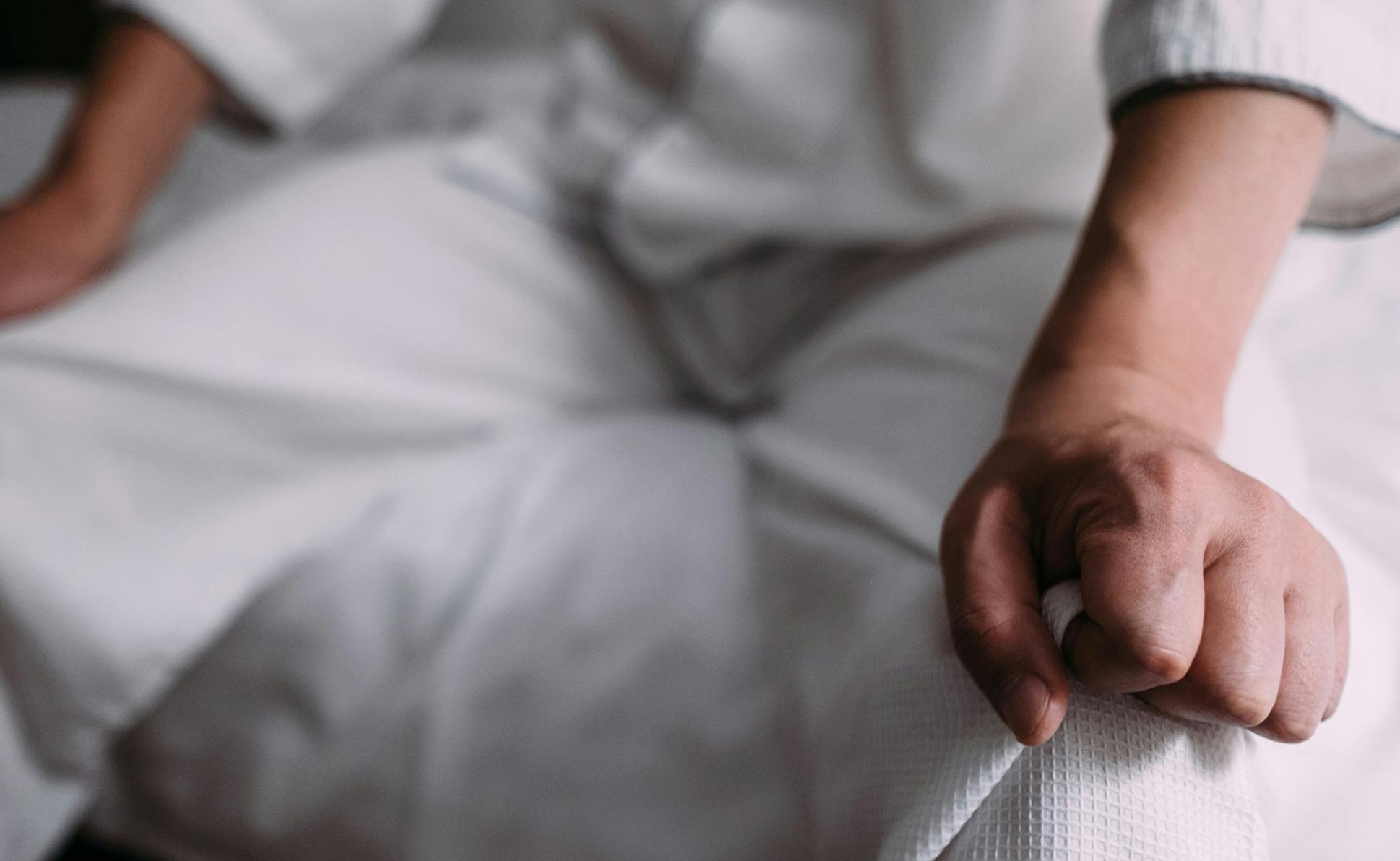What are the treatments for restless legs?
Treating venous insufficiency involves a combination of lifestyle changes, medical therapies, and potentially surgical interventions tailored to the severity of the condition and the individual patient’s needs.
Lifestyle changes
Fundamental to managing venous insufficiency, these changes include:
- Regular exercise, particularly activities that involve the legs, improves circulation.
- Weight management to reduce pressure on the veins.
- Elevating the legs to decrease swelling and improve blood flow.
- Avoiding prolonged periods of standing or sitting.
Compression therapy
This is often the first-line treatment for venous insufficiency. Compression stockings apply gentle pressure to the legs, helping veins and leg muscles move blood more efficiently. This therapy can reduce swelling and pain and is especially effective in the early stages of venous insufficiency.
Medication
In some cases, medications such as diuretics (to reduce swelling) and anticoagulants (to prevent blood clots) may be prescribed.
Minimally invasive procedures
These treatments are preferred for their efficacy and reduced recovery times. Options include:
- Sclerotherapy: Involves injecting a solution into the vein, causing it to scar and reroute blood to healthier veins.
- Endovenous Laser Therapy (EVLT): Uses laser energy to close off the affected vein.
Radiofrequency ablation: Similar to EVLT but uses radiofrequency energy.
- Surgical options: In severe cases where minimally invasive treatments are not suitable, surgical interventions may be necessary. These can include vein stripping or surgical ligation.
- Ultrasound-guided foam sclerotherapy: This is an advanced form of sclerotherapy used for larger veins, where foam is injected under ultrasound guidance.
Each treatment plan is developed based on the individual’s specific condition and overall health. The goal of these treatments is not only to alleviate the symptoms but also to address the underlying cause of venous insufficiency, thereby improving the patient’s quality of life and preventing future complications.
For more detailed information on treatment options or to schedule a consultation, patients can contact NJ Vein Specialists directly.






